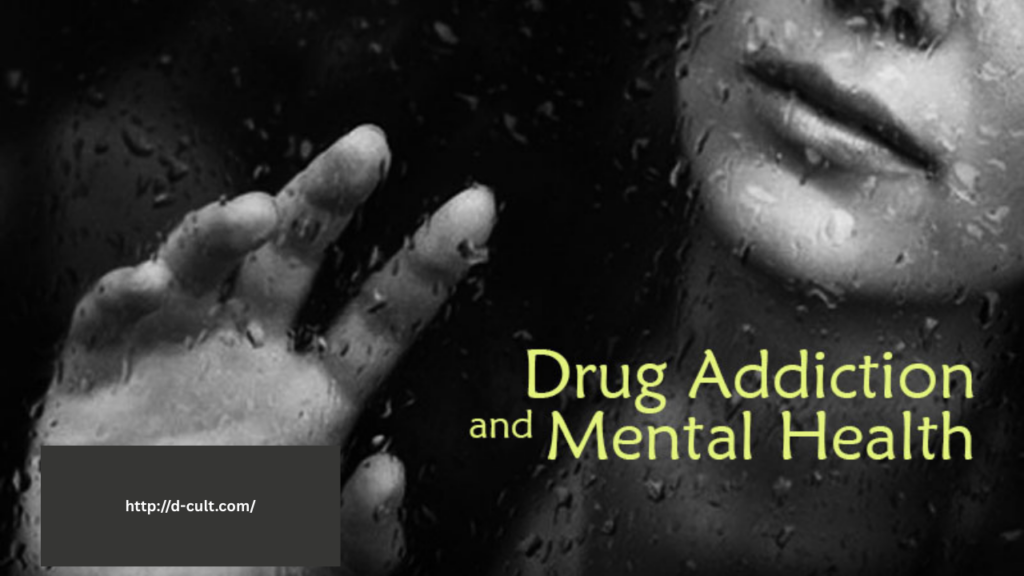
The connection between mental health and substance abuse is complex and deeply intertwined. Many people who struggle with addiction are not simply seeking pleasure or escape—they are attempting to manage overwhelming emotional pain or psychological distress. This process, known as self-medication, can quickly spiral into self-destruction, turning a coping mechanism into a dangerous addiction.
The Self-Medication Trap
Self-medication occurs when individuals use drugs or alcohol to relieve symptoms of mental health conditions such as depression, anxiety, trauma, or bipolar disorder. Rather than seeking professional help or therapy, they turn to substances for temporary relief.
For example, someone dealing with severe anxiety might use alcohol to calm their nerves. A person suffering from depression may take stimulants to feel more energetic or motivated. Others may use opioids or sedatives to numb the emotional pain caused by trauma or PTSD. In the short term, these substances may seem to “work,” offering a sense of control, comfort, or escape—but that relief is fleeting and deceptive.
Mental Health Disorders and Vulnerability
Individuals with mental health disorders are significantly more likely to develop substance use disorders. According to research, nearly half of those with a mental illness will also experience substance abuse at some point in their lives. This is known as a co-occurring disorder or dual diagnosis.
Mental illness alters brain chemistry, mood, and behavior, often making it difficult for individuals to regulate their emotions or cope with stress. Without proper treatment, these challenges can feel unbearable. In the absence of healthy outlets, substances become a quick—but harmful—solution.
Unfortunately, using substances to mask mental health symptoms often worsens the condition. Drugs and alcohol can disrupt sleep, increase feelings of hopelessness, and even intensify symptoms like paranoia, panic, or suicidal thoughts. What started as self-help becomes a cycle of self-harm.
The Cycle of Addiction and Declining Mental Health
Once addiction sets in, it further damages mental health. Substance use can interfere with brain function, deplete neurotransmitters like dopamine and serotonin, and make it even harder to feel balanced or happy without the substance.
This creates a vicious cycle: the person uses substances to feel better, experiences worsening mental health, then uses more to cope, sinking deeper into addiction. Relationships, work, and daily responsibilities suffer, leading to isolation, shame, and a loss of hope—feeding both the addiction and the underlying mental illness.
Breaking the Cycle: The Need for Integrated Treatment
To truly heal, both addiction and mental health issues must be addressed together. Integrated treatment approaches, which combine therapy for mental health with substance abuse counseling, are the most effective. Cognitive Behavioral Therapy (CBT), medication-assisted treatment (MAT), and trauma-informed care can help individuals understand their patterns, learn healthy coping skills, and regain control.
Support groups, such as Dual Recovery Anonymous (DRA), provide community and understanding, helping individuals realize they’re not alone in their struggle. Recovery is not just about stopping the substance—it’s about healing the pain beneath it.
Conclusion
What starts as self-medication can quickly become self-destruction. The link between mental health and addiction is too strong to ignore. By recognizing the signs and offering compassionate, holistic care, we can help those caught in the cycle of dual diagnosis find lasting recovery and true emotional well-being.